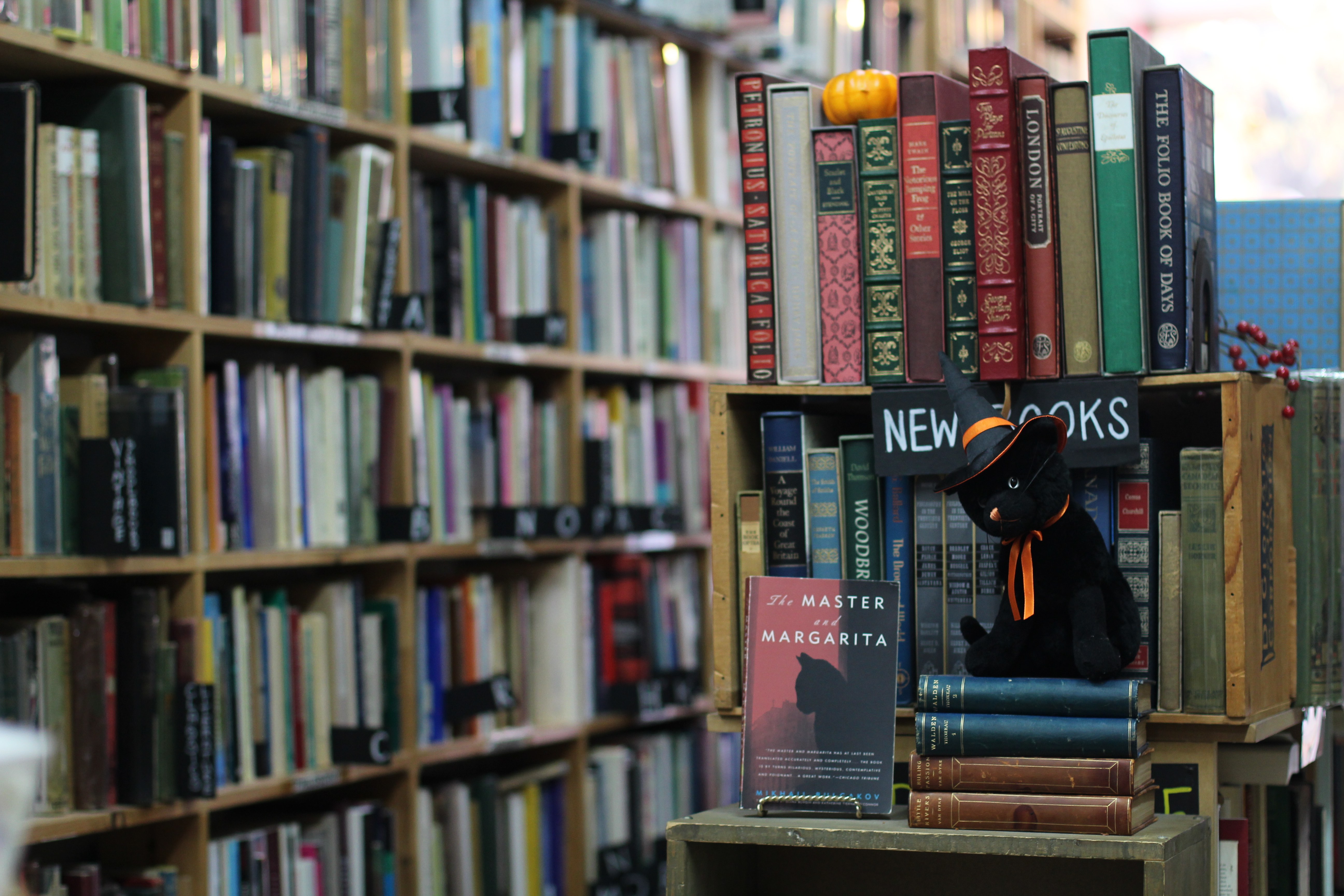Books for a cause
For those who prefer books with yellowed pages and broken spines, mark your calendars for Concordia’s annual Epic Used Book Fair, which takes place in the EV building atrium on Oct. 29 and 30. The sale is perfect for uncovering rare literary finds at accessible prices, and it supports Concordia’s student body and the wider community.
Event coordinator Luke Quin believes that selling secondhand books has the ability to enrich the lives of students by not only raising money towards scholarships, but also by repurposing ideas. “It’s entrepreneurial, but socially driven,” Quin said. “We’re raising money and providing a new home for books that would probably end up in the garbage.”
The event, hosted by Concordia Alumni, raised $25,000 last year, and Quin has even higher hopes for this year. “With support from Concordia and the community, the event has only gotten bigger.” The money raised is funneled into two or three direct scholarships, as well as an endowment that ensures there will always be a Used Book Fair scholarship available. Another portion of the money goes towards the Multi-faith and Spirituality Centre’s Student Emergency and Food fund, which gives grocery cards to students in need.
“We’re also giving experiential opportunities for the volunteers, a lot of which are international students looking to engage and network,” Quin said. “We’ve really built an event that is students helping students.” He said the great location in the EV building atrium gives the sale a lot of traffic potential from shoppers passing by on Saint-Catherine St., as well as students. The books are priced at $3 and up, and will be sorted by subject, so there is sure to be something for everyone.
Many of the donated books come from professors and students, past and present, but Quin said that more and more donations are coming from outside the university. “Many smaller charity organizations don’t accept books because they’re cumbersome and difficult to sort through,” he said.
Donations for the Epic Used Book Fair are accepted year-round. For those who have large donations, boxes of books labeled “Concordia Used Book Fair” can be dropped off at the receiving dock of the Hall building downtown, or at the receiving dock of the Richard J. Renaud Science Complex on the Loyola campus. If you have a few old textbooks or a smaller amount to donate, there is a pink book bin on the Hall building mezzanine at the bottom of the escalator.
For more information on the book fair, follow the Concordia Epic Used Book Fair on Facebook. The event already has over 7,000 RSVPs, so go early to get the best pick. The sale runs from 10 a.m. to 7 p.m. both Monday, Oct. 29 and Tuesday, Oct. 30. There is also a pre-sale on Sunday Oct. 28 from 2 p.m. to 5 p.m. with a $5 entrance fee. Stop by and see what you can find!
Feature image by Alex Hutchins.
